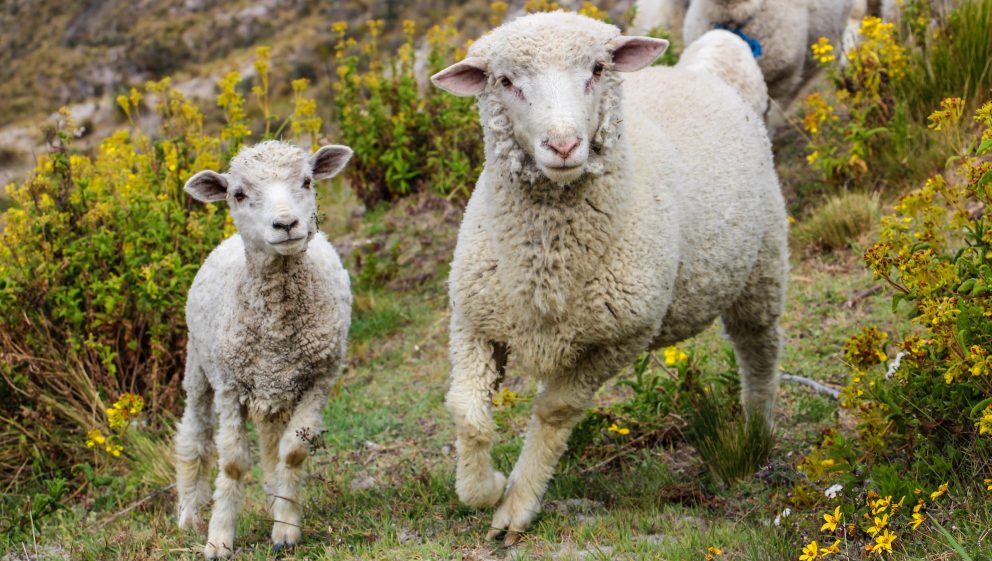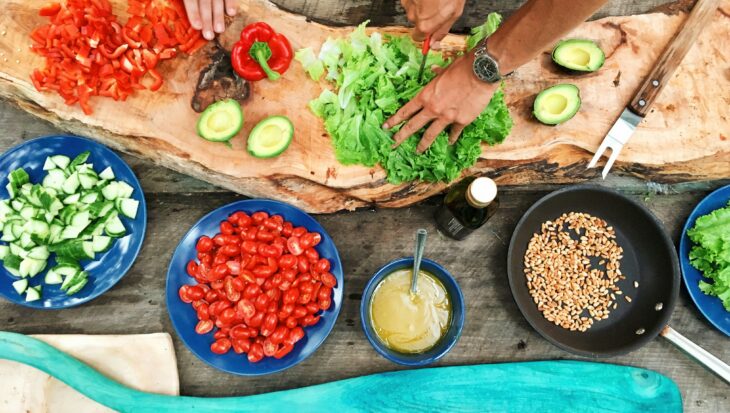Ban on the use of lead shot – finally!
Posted 10 Jul 2025

Posted on the 10th December 2020
Presently the UK exports live farmed animals in their thousands every year, often in stressful, crowded, filthy and downright hazardous conditions. A great majority of these animals are sheep – crowded into trucks on long journeys to France, the Netherlands and Belgium to be fattened or slaughtered. Vulnerable unweaned calves are torn from their mothers and subjected to stressful transportation that may span days, without suitable nutrition. They will ultimately be incarcerated in lower welfare veal farms in Spain or the Netherlands.

The Conservative Party made the pledge to ban live animal exports in its last manifesto in 2019. Now is the time to make good on that pledge. The imminent end of the transition period having left the EU should enable the UK Government to progress this manifesto pledge and there is no longer any excuse for inaction.
Many of you will no doubt be well aware that the government has now unveiled plans to ‘ban the live export of animals’, a positive, amid the usual misleading talk of high UK animal welfare standards. (Our investigations have time and again revealed the terrible realities of standard industry practices.)
Dig a little deeper into the government statement and it becomes apparent that this isn’t a complete ban on live exports across the board.
Any ban looks likely to fail to cover ‘poultry’, leaving the same sorry situation for chickens, ducks, geese, pigeons, partridges, quail, guinea fowl and pheasants. ‘About 25 million chicks (including turkeys) and ducklings were sent out of the UK in 2018, in an industry worth £139m to the UK, according to HMRC data’. The trade in chicks is lucrative with ‘high value breeding stock’. They may be sent as far afield as Malaysia or Bangladesh.
‘Breeding stock’ animals are likely exempted from any ban and could continue to be subjected to some excessively long journeys. Pigs have been previously flown to China from the UK. Presently ‘China is ramping up imports of its breeding stock and making sizeable investments in its genetic base’ in light of the loss of over half of their 700 million pig population to the African Swine Fever outbreak. They are being imported from France at present.
UK exports of breeding animals to European countries look likely to be disrupted by the refusal of a number of European ports to set up Border Control Posts to facilitate imports from the UK after January 1, so from the animals’ perspective this is a relief.
Northern Ireland will continue to follow EU legislation including that for live exports as part of the Northern Ireland Protocol. Attention would need to be paid to ensure that any movement of animals between Northern Ireland and the ROI is not exploited as a loophole to enable onward transport.
The government has launched an eight-week consultation in England and Wales on how we can ‘protect animal welfare during transport’. There is a separate stakeholder consultation for Scotland seeking views on the recommendations made by the Farm Animal Welfare Committee in their ‘Opinion on the Welfare of Animals during Transport’.
And why yet another consultation? Just two years have passed since Animal Aid responded to the previous ‘Call for Evidence’. Apparently, this new consultation takes into account those historical responses, as well as a report published last year by the then Farm Animal Welfare Committee (now known as Animal Welfare Committee and with an expanded remit).
Although obviously targeted at respondents from the ‘livestock’ industry, the consultation offers the chance to input on the issues of ‘poultry’ being exempted, thermo regulation and temperature considerations, conditions at sea, maximum journey times, rest stops, space allowance and head room.
Much remains to be seen, and of course there will likely be pushback from the National Farmers’ Union (NFU), with some farmers intent on profiting from the continued live export of animals.
The consultation period is set to be followed by a series of reforms rolled out in Parliament next year.
Animal Aid welcome some long overdue progress on this issue, which could reduce some of the suffering inherent in animal farming. We are looking to respond and in due course and will provide supporter guidance to do the same.
Animal Aid will continue to campaign for a world where no animals are needlessly farmed or killed for food.
Posted 10 Jul 2025

Temperatures are rising and it’s time to get outdoors, enjoy the weather and tuck into some delicious vegan food! Thanks to an abundance of plant-based options now available, there’s an alfresco option for every tastebud...
Posted 09 Jul 2025
